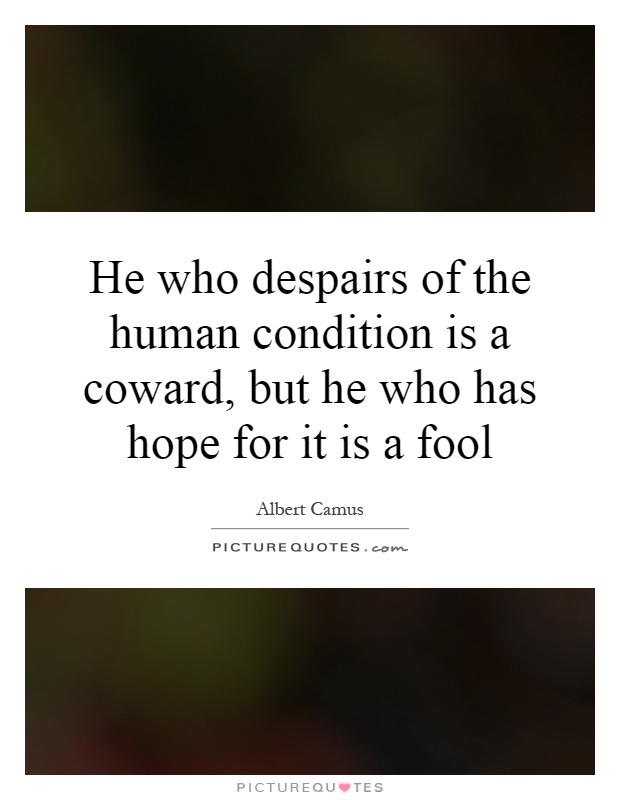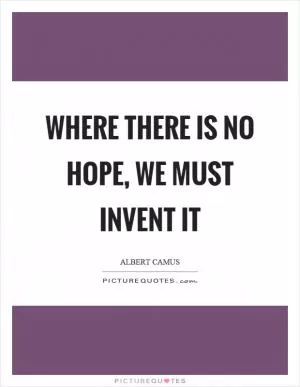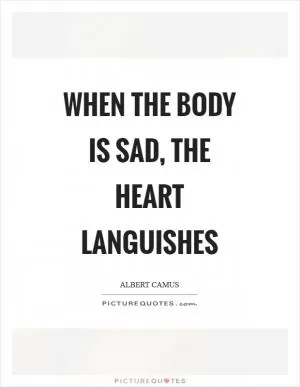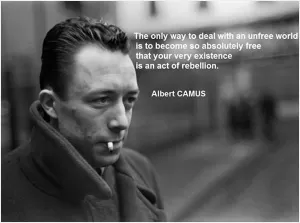He who despairs of the human condition is a coward, but he who has hope for it is a fool

The Human Condition QuotesDespair Hope QuotesHope Despair QuotesHaving Hope QuotesHuman Condition QuotesAlbert Camus Quotes
He who despairs of the human condition is a coward, but he who has hope for it is a fool
Albert Camus, a renowned French philosopher and author, is often associated with the concept of absurdism, which explores the inherent meaninglessness and irrationality of the human condition. In his works, Camus grapples with the complexities of existence and the struggle to find meaning in a world that seems indifferent to human suffering.The quote, “He who despairs of the human condition is a coward, but he who has hope for it is a fool,” encapsulates Camus’ nuanced perspective on the human experience. On one hand, Camus acknowledges the harsh realities of life – the inevitability of death, the absurdity of existence, and the inherent suffering that comes with being human. To despair in the face of these truths is to succumb to cowardice, to give up in the face of adversity and resign oneself to a bleak and nihilistic outlook on life.
However, Camus also warns against blind optimism and naive idealism. To have hope for the human condition, to believe in the possibility of progress and redemption, is to risk being labeled a fool. Camus recognizes that the world is filled with injustice, cruelty, and senseless violence, and that to ignore these harsh realities in favor of a utopian vision is to deny the complexities of human existence.
Instead, Camus advocates for a middle path – a recognition of the absurdity and meaninglessness of life, coupled with a commitment to finding joy and fulfillment in the face of adversity. In his essay “The Myth of Sisyphus,” Camus famously compares the human condition to the mythological figure condemned to roll a boulder up a hill for eternity, only to watch it roll back down each time. Despite the futility of Sisyphus’ task, Camus argues that we must imagine him happy, finding purpose and meaning in the struggle itself.












 Friendship Quotes
Friendship Quotes Love Quotes
Love Quotes Life Quotes
Life Quotes Funny Quotes
Funny Quotes Motivational Quotes
Motivational Quotes Inspirational Quotes
Inspirational Quotes